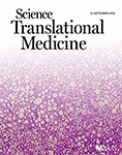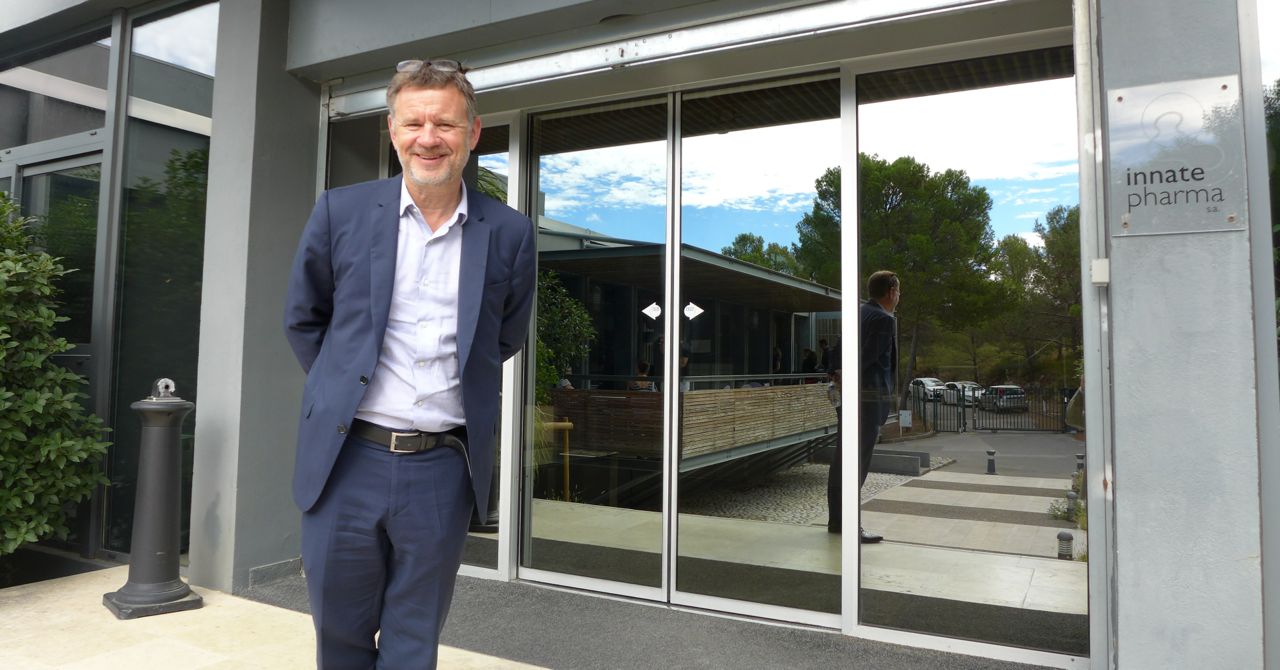Pathways to success with NK cell therapy
Sometimes research topics that we’ve researched and covered for several years, including interviews with thought leaders, suddenly become ‘hot’ or are seen as the latest shiny silver lures by sceptics when a new bandwagon starts rolling. They don’t always end well, but some do and take off and become embedded in new standards.
Checkpoint blockade and CAR T cell therapies are two such approaches, which we wrote about in 2010 and 2012, respectively.
When I included what was then known as MDX–1106 and MK–3475 in an ASCO 2010 or 2011 preview video, folks scoffed at highlighting phase 1 data in advanced solid tumours with obscure compounds – “too early to tell” apparently. They subsequently went on to become nivolumab (Opdivo) and pembrolizumab (Keytruda) and are indisputely multi-billion blockbusters. Now it’s hard to imagine a discussion about cancer immunotherapies without them mentioned as a bedrock therapy to build on.
I mention this story because it’s easy to follow the herd and dismiss early promising developments as ‘too early’ – fortune favours the brave, even if it means that many approaches need to be tested and evaluated along the way before finding the best solution.

Pathway to success
There is no doubt that the path to success in oncology R&D is paved with many challenges and hurdles – it is rarely a straight road. Some drug classes will inevitably fail and fall by the wayside, others will need tweaking, incorporated into more optimal trial designs or even evaluated with other combination partners. And let’s not forget those twin issues of dosing and scheduling, which are no slouches when it comes to providing tricky or even exasperating hurdles for hitting an optimal therapeutic window, as many early phase PIs will no doubt be all too familiar with.
We currently live in a very T cell centric world despite the fact that they aren’t the most numerous of the various killing machines available to the immune system. They do happen to be extremely potent and highly effective fire power though, much as a machine gun is over, say, a combat knife or Samurai’s sword. That doesn’t mean that knives or other approaches aren’t effective, far from it, they’re just different and can even be more useful in appropriate situations.
Our heads were first turned by the potential for NK cell engagers a couple of years ago at ASH and we’ve keenly followed their progress since then, documenting the challenges and successes as we went.
With the Affimed-Genentech collaboration announced last night, it’s time to consider where we are with this approach and what this all means…
To learn more from our latest analysis and get a heads up on our oncology insights, subscribers can log-in or you can click to gain access to BSB Premium Content.
This content is restricted to subscribers
 Rizwan Romee, Maximilian Rosario, Melissa Berrien-Elliott and colleagues at the Washington University School of Medicine in St Louis (
Rizwan Romee, Maximilian Rosario, Melissa Berrien-Elliott and colleagues at the Washington University School of Medicine in St Louis (
